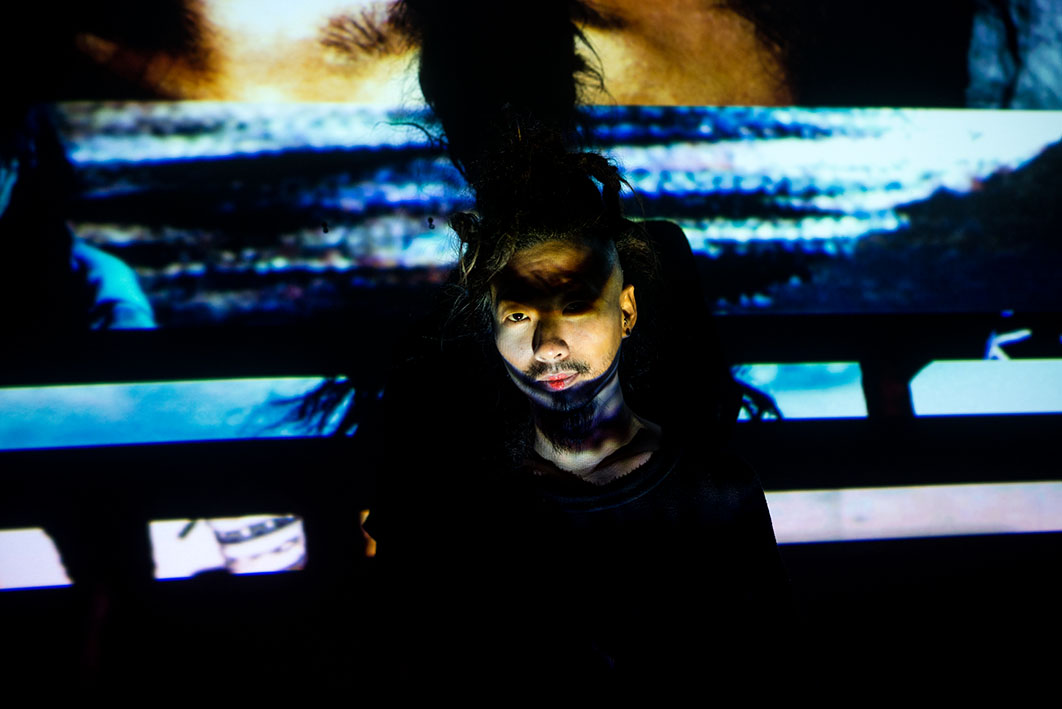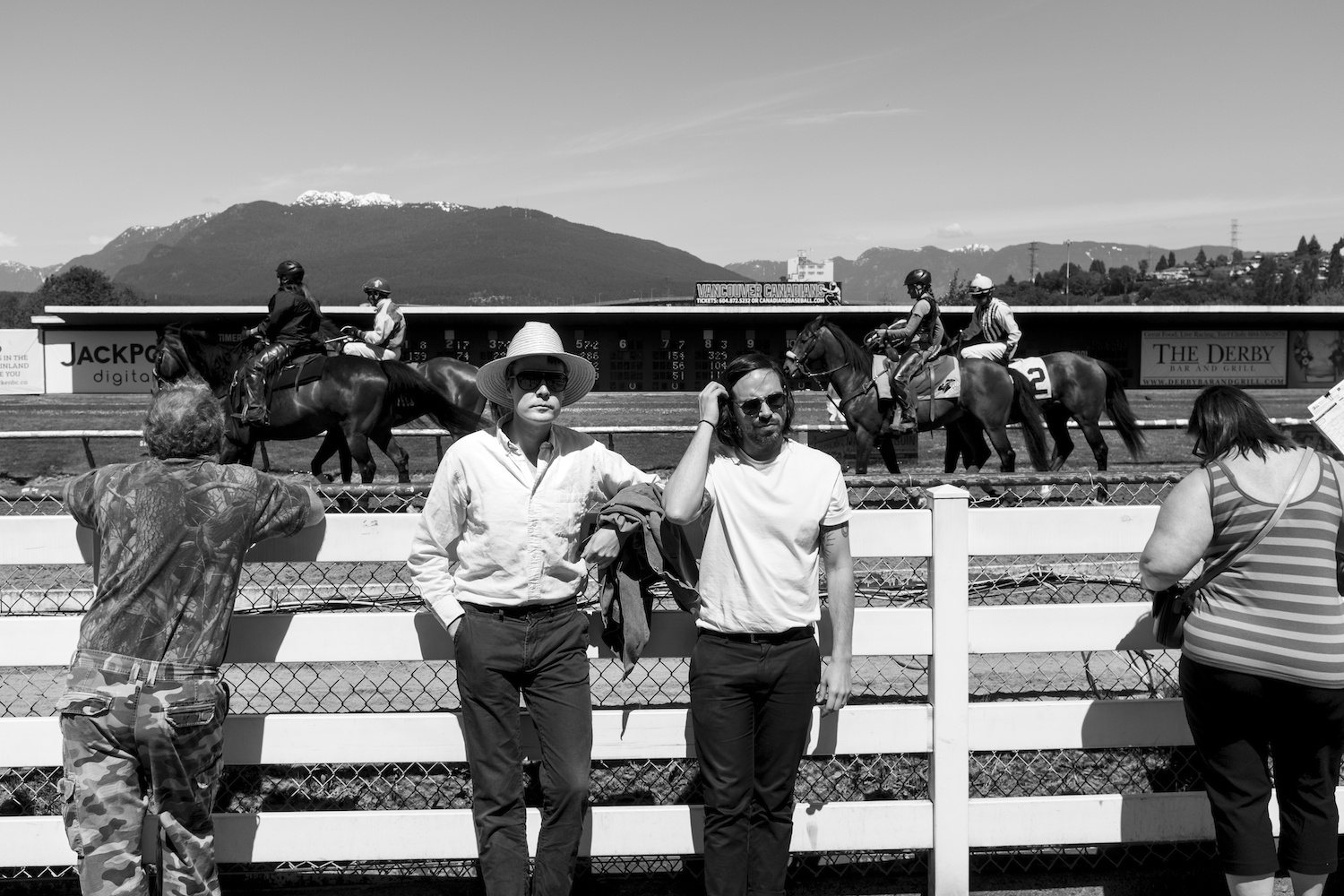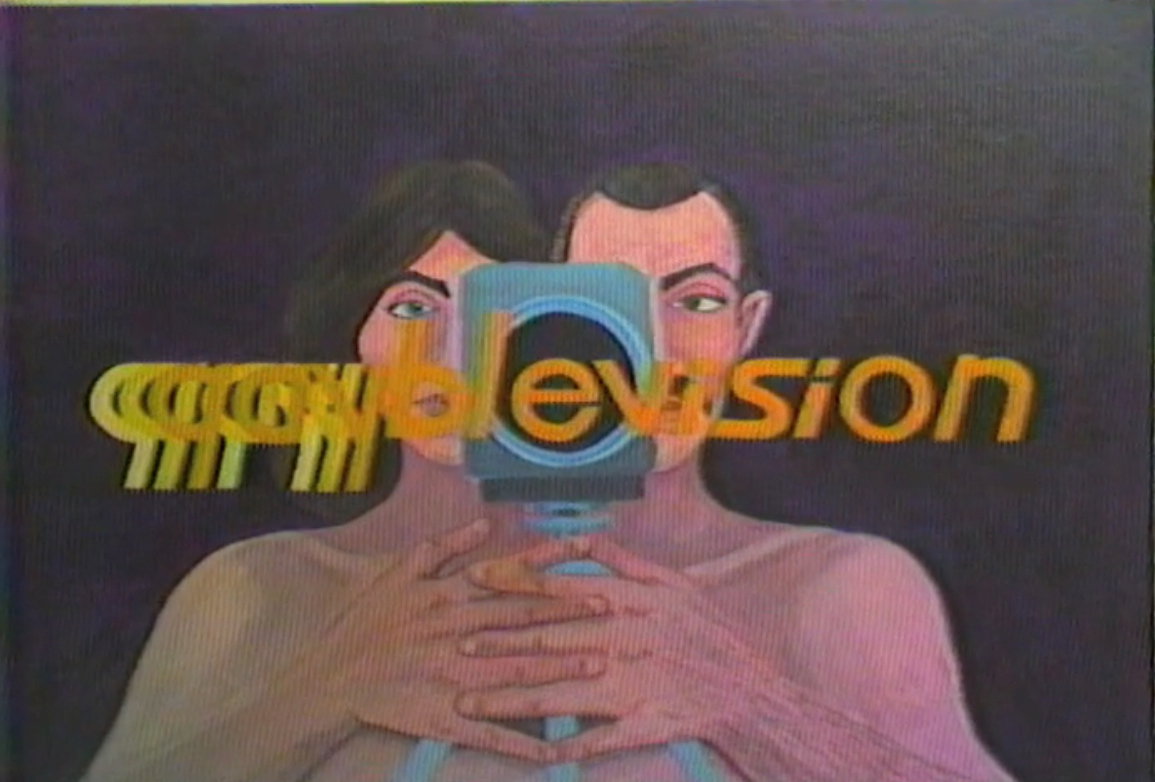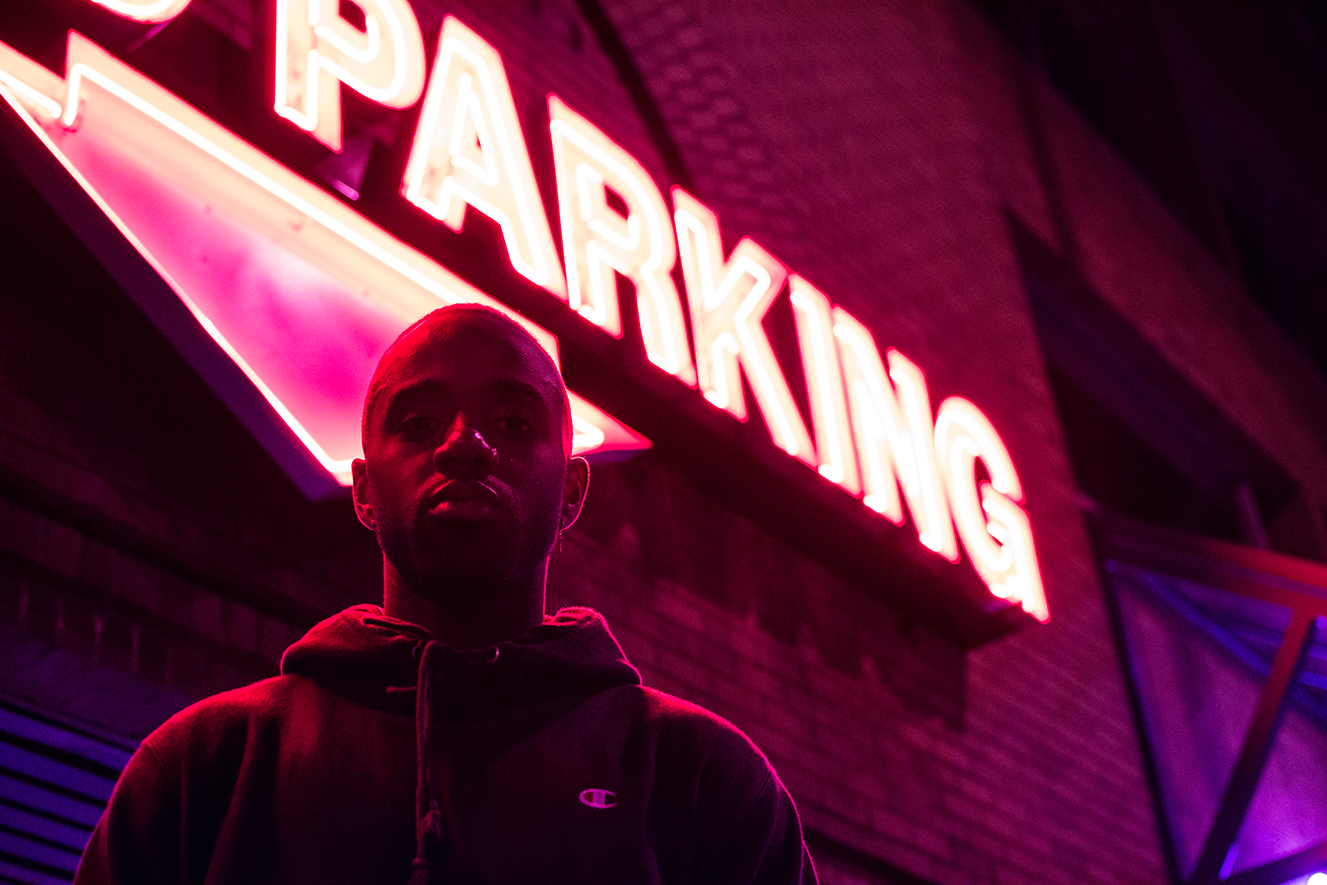I’m sitting with Geoff Dembicki in his writing studio. Dembicki has just finished a panel about the oil-sands on a conservative radio show out of Alberta. Having grown up in Edmonton, down the road from a refinery, Dembicki has a sense of oil and economy. That versatility is good for a journalist to have.
Perhaps most prolific in Vancouver as the lead sustainability writer for the The Tyee, Dembicki is on the heels of his new book, Are We Screwed?. The book’s question is one of climate change: a future of destruction that is tonally disparate from the frivolity millennials typically receive.
There’s a cottage-industry of think-pieces about millennials and their childish reticence towards housing, fabric softener, and so on. Are We Screwed? is all about “the millennial” — specifically, the conditions which have lead to a divergence in values from a Baby Boomer society.
Dembicki is practiced and steady in speech. He tells me, “a lot of it was just reacting to stuff that was happening. Canada’s election, Obama rejecting the Keystone XL Pipeline, the rise of Bernie Sanders — this was driven by young activists. I was witnessing something that went beyond climate change: young people in the face of uncertainty fighting for a new political and economic system, winning in big ways. So that made me feel hopeful throughout the year. And I sent off my manuscript to the publisher. We were going through edits. And then Donald Trump won the election. Well, shit — does any of this still hold up?”
Before continuing, perhaps it’s best to have Dembicki clarify what is at stake. Because although we care about climate change, the size of the issue can resolve into a blot on the horizon.


Over the late summer, owing to infernos across British Columbia’s interior, smog-choked vistas have made Vancouver feel more like an island. This is one artifact of global warming ravaging much of North America’s forests. It’s also descriptive: we’re wrapped in a smokescreen, harm is elsewhere, only worth concern when the consequences are already here.
Perhaps it’s the language. What do we actually hear when we hear about the spectrum of “acceptable” increases in global temperature, or the difference between two and three degrees of warming? This is the kind of context journalists focus on, and Dembicki’s answers come readily:

“We’re talking about massive disruptions to the Earth’s conditions that have made human life possible. Polar ice is melting, wreaking havoc for Inuit communities. The Great Barrier Reef is bleaching. Glaciers melting over the Himalayas, cutting off freshwater access for millions. And we’re not even at 1.5 degrees. A cap of 1.5 degrees would be extremely difficult. We’d have to phase out fossil fuels and the world governments would have to act in a concerted way that’s never been done. At 2 degrees, entire South Pacific nations go underwater. Vancouver’s harbour starts going underwater. There’s more storms, massive drought in Alberta: agriculture potentially collapses. At 4 or 5 degrees, I don’t know. There’d be entire regions of the world made uninhabitable. Countries would be collapsing. Crises like the Syrian civil war all over the place. You’d like to think that when that happens people overlook their differences, but during crises people can become polarized: you have the rise of dictators and totalitarians.”
Throughout his book, Dembicki reiterates: we exist within an economic system which fuels climate change because it values profit above any other moral considerations. It could be repetitive, but is instead stark: what should be a slap falls on unreceptive ears.


This is where millennials come in. Dembicki began writing his book two years ago, following a report from climate scientist James Hansen. “Hansen predicted worst-case scenario, coastal cities flooding by 2065. It was 2015 at that point, and I realized anyone that’s 35 [years old] and living right now, 50 years from now they’ll be in their 80s. Anyone older might not be around to see this doomsday scenario. There’s a clear generational cut-off point, and it ended at the upper age range of millennials. But I also realized a lot of people in their 20s and 30s, they’re starting companies, running for office, leading activist campaigns. With all this time ticking down, I realized there was the potential for millennials to make a huge difference. And if we didn’t, we would have to suffer from the consequences.”
For Dembicki, the link between the political surge of our generation and our responsibilities towards climate change are mirrored: “If I was to pick one really defining feature of what it means to be a young person these days, it’s a real distrust of capitalism. A lot of people in their 20s and 30s came to age during the global recession. We’ve lost faith in the ability of business, political leaders to lead us in the right direction. What you see with a lot of these new movements is to question the principles of capitalism, to think of an economy that considers the future of the planet.”

Dembicki’s book charts several ways in which these developments are happening. The chapters show us the lives of Peter and Magdalene, back-to-landers on Denman, Bradley Johnson, a Fort McMurray resident who left the family trade, Saba Hafeez, a UOFI graduate who campaigned for Bernie Sanders, and others. “I don’t have much interest in convincing people who deny climate science, or the urgency of action. I’m preaching to the choir, and trying to get them riled up, organized and ready to tear shit down.”
There is an arc in the book. The first chapters can feel alienating, detailing a back-to-lander’s retreat to Denman Island or a Yale graduate’s turn around from the oil-sands he grew up in. I felt an escape from my own sense of class, and the anxiety of retreat, its seeming ineffectiveness.
Dembicki sees it differently. “I would like to take readers along on a journey, tell them that the despair that might tell them about the future, and the desire to create change, could be put to effective use […] I wanted to show the power of symbolism and values. That was the big idea behind the book. People think of values, morality, as being fluffy and not powerful. But in the second chapter we see that when people in their 20s start to doubt capitalism, it has a real-world impact, affects billions of dollars in new projects. That’s not even activism really, that’s just a new generation of people. And when you take those shifts, and apply them to something, like the resistance to Trump or Keystone, then you start having immediate effects.”
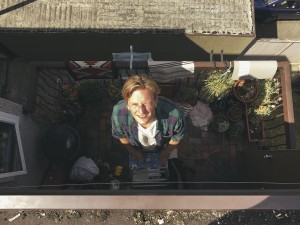
When we start talking Dembecki tells me his interview with that conservative radio station went well because he was able to parse things in the language of “new industry.” Green capitalism aside, there is the generational demand for an alternate system. And Are We Screwed? is, despite its maudlin title, quite optimistic. There’s a brighter future to be had beyond averting the destruction of Trudeau’s favourite waterfront.
Dembicki makes much of these rising grassroots campaigns, because this is the precise concerted consciousness that is being developed against climate change. “All the instances where young voter turnout was higher than usual, you had these crazy election shifts happen […] I wanted to show how powerful millennials can be. The sense of apathy we feel all the time helps perpetuate the hold on power that people already have. When you push back and challenge that, that hold on power is a lot less stable.”
There’s a lot of inertia. Dembicki appreciates the progressive qualms with Canada’s federal Liberals. But he is also emphatic that the rejection of Harper represents a building political consciousness. “I think even in scenarios where the possibility for hope is extremely slim, there’s still a lot of power in holding onto that, and acting like a better future is possible even if it seems impossible.”
If the turn around from complacency needs further argument, just try and think of the alternative. Maybe we can’t. Being screwed is just too stark.
X
Are We Screwed? How a New Generation is Fighting to Survive Climate Change was released on Bloomsbury August 22. For more writing, follow @geoffdembicki on Twitter.



